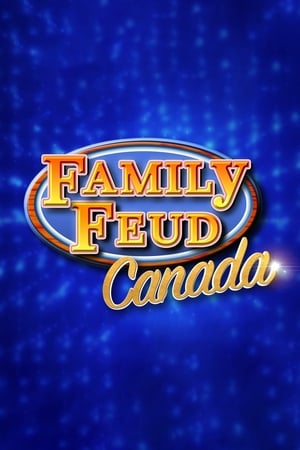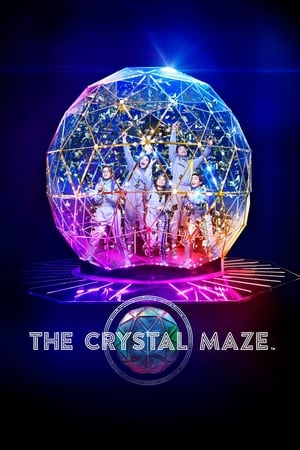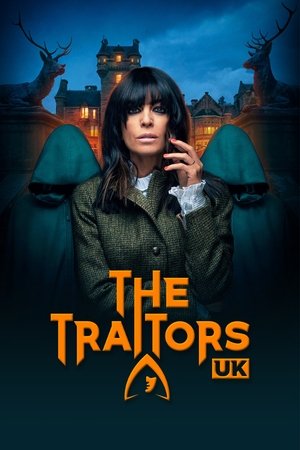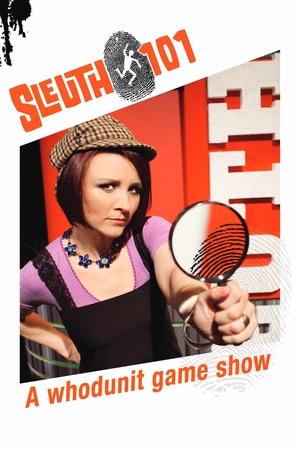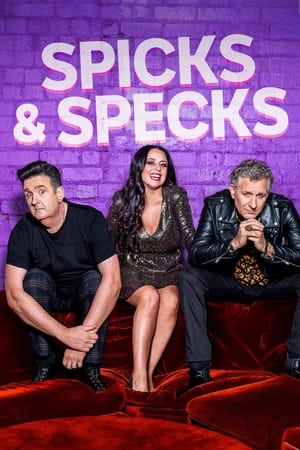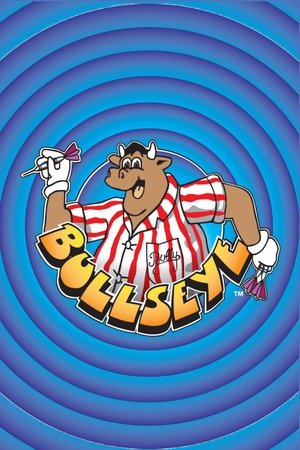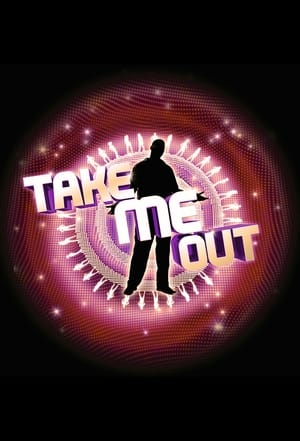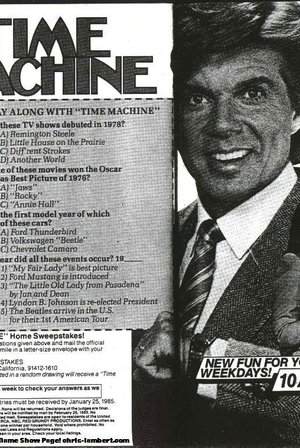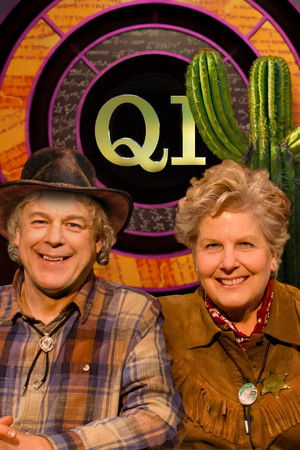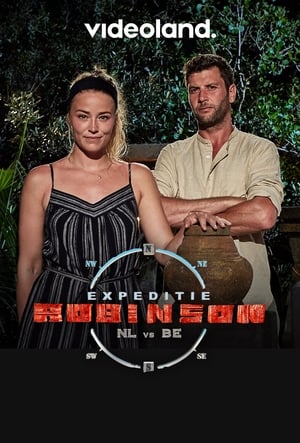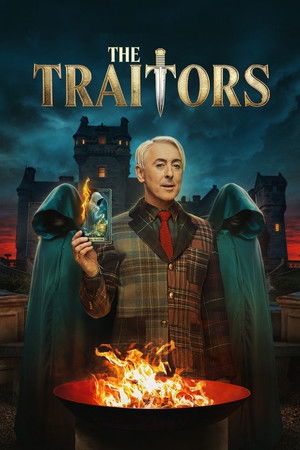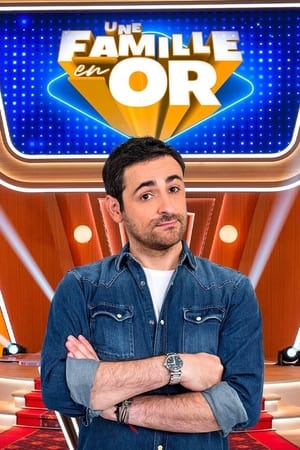Overview
Everybody's Equal was a game show hosted by Chris Tarrant and aired on ITV from 7 June 1989 to 22 July 1991. Versions also existed in many European countries, plus Canada. Elements of the show resemble Tarrant's future hit Who Wants to be a Millionaire?, particularly its "Fastest Finger First" game.
The format was simple - 200 contestants were asked a question with four options and those who got it right were asked another. This continued until less than ten players survived, at which point they face four questions which are worth £50 each. The player who correctly answers the final question the fastest goes on to play the final round. The winning contestant must place four things into the correct order, to win £1000. If they get it wrong, the money is divided equally between all the other contestants.
This was all made possible via the use of 200 small handsets, which were centrally linked to a computer.

 English
English
 7
7
 2014
2014
 GB
GB

